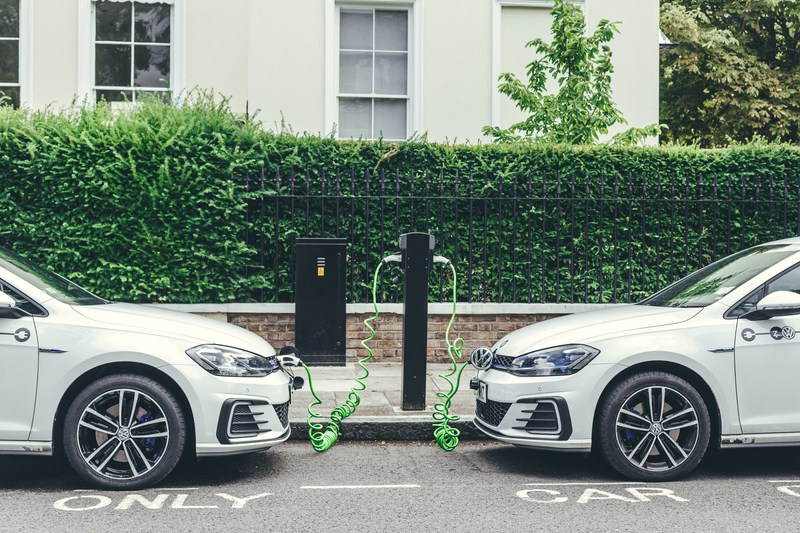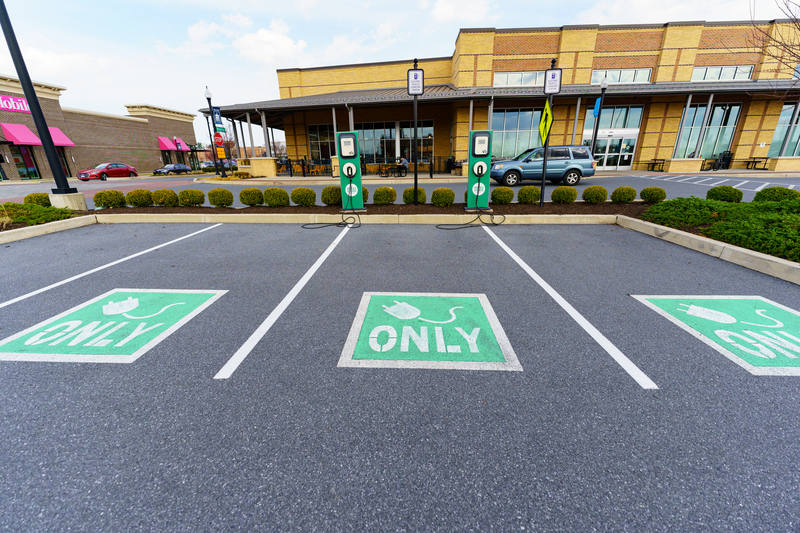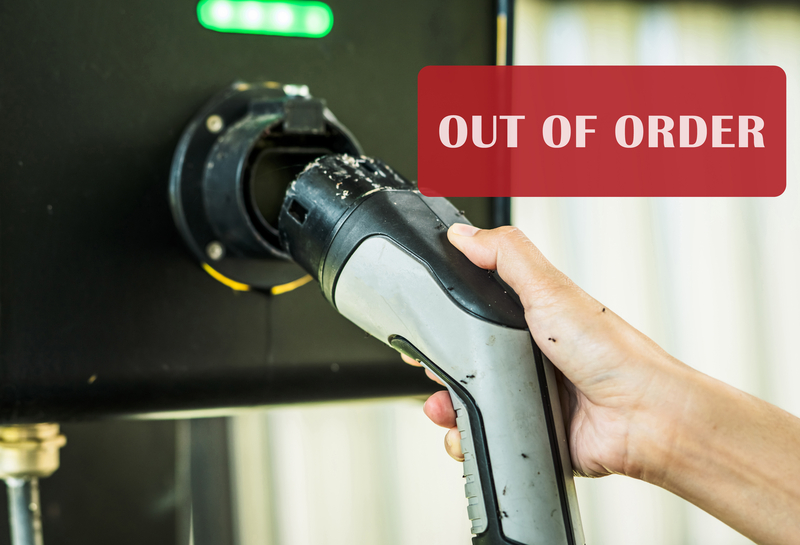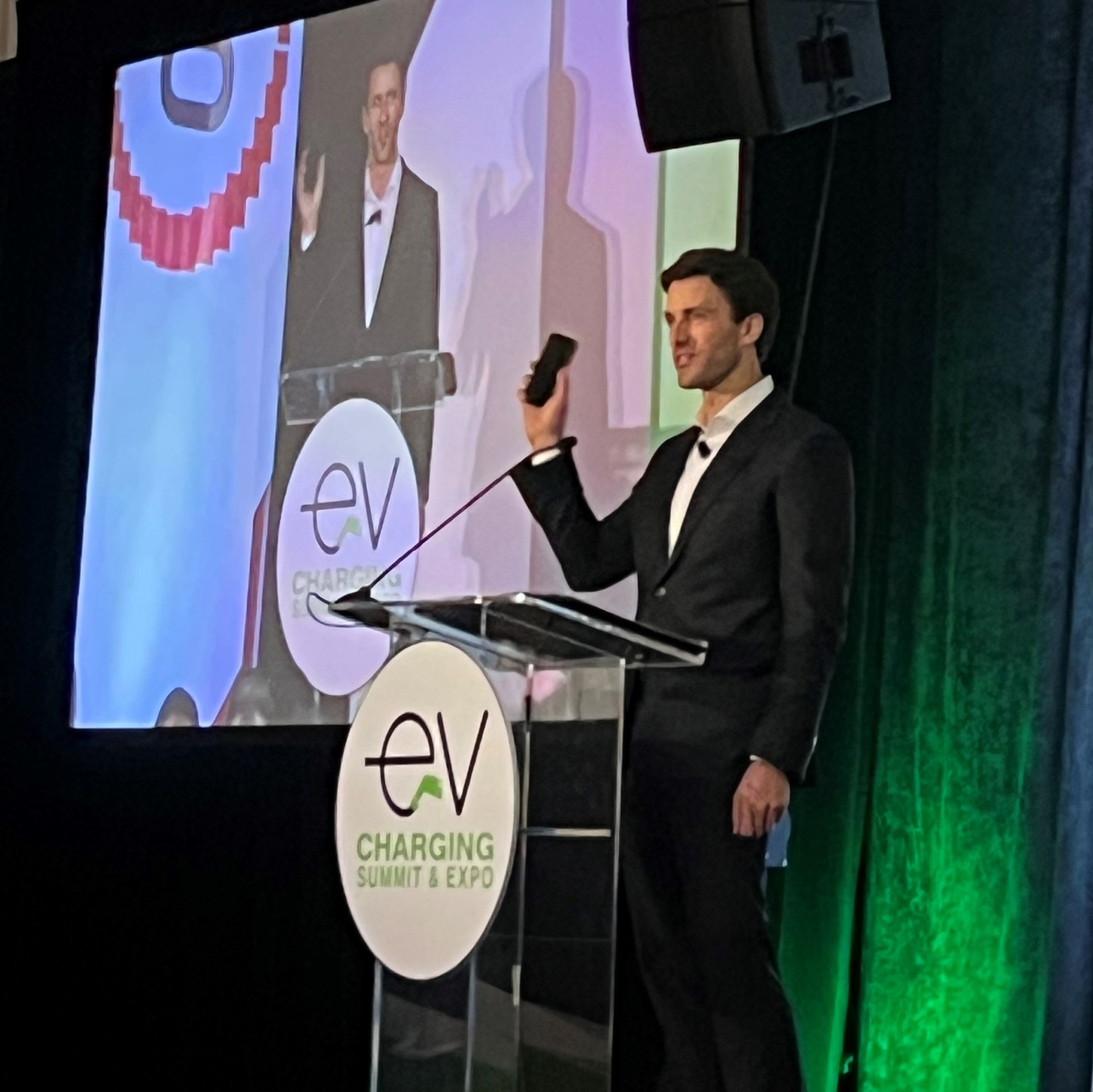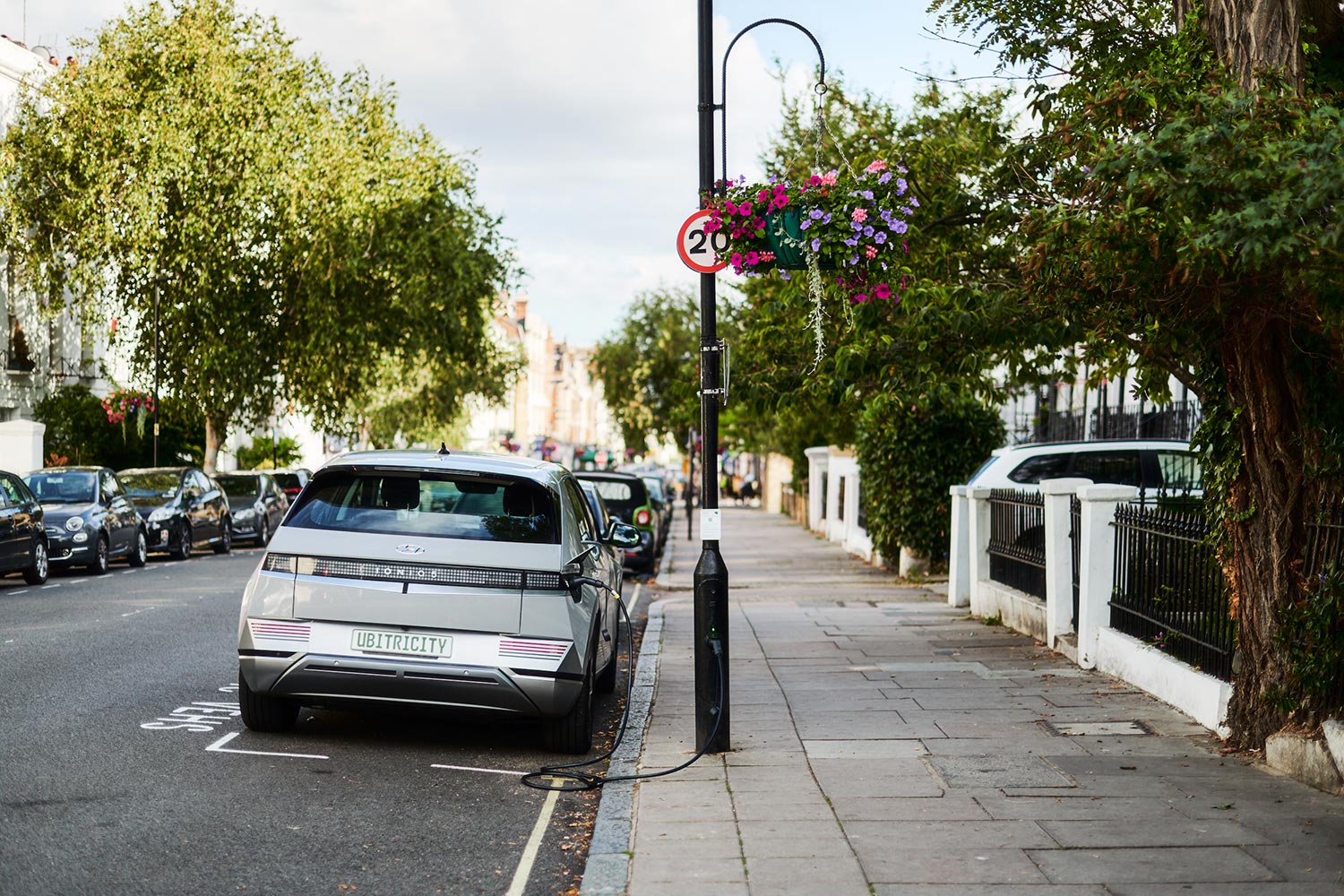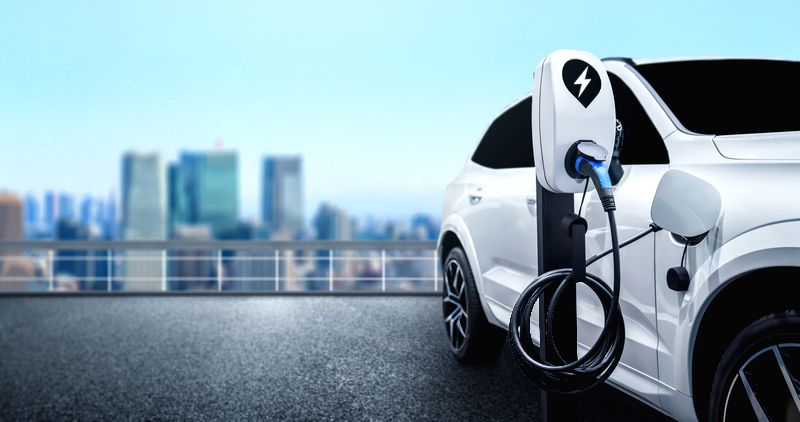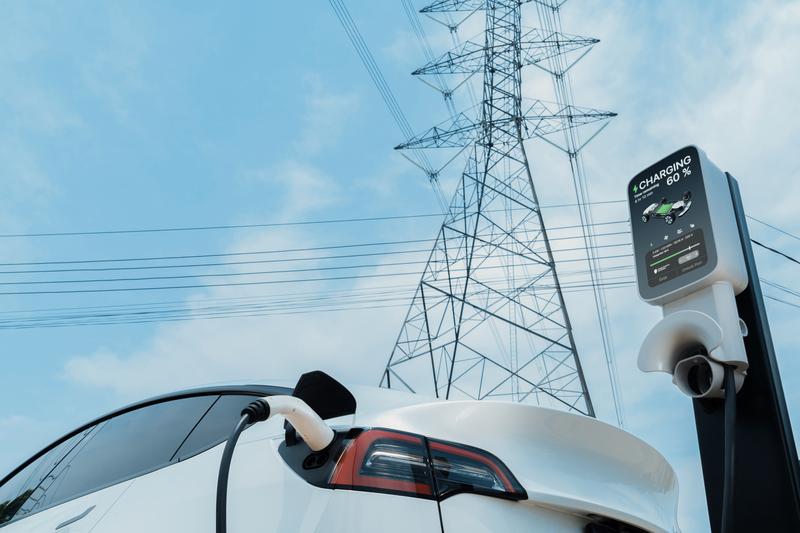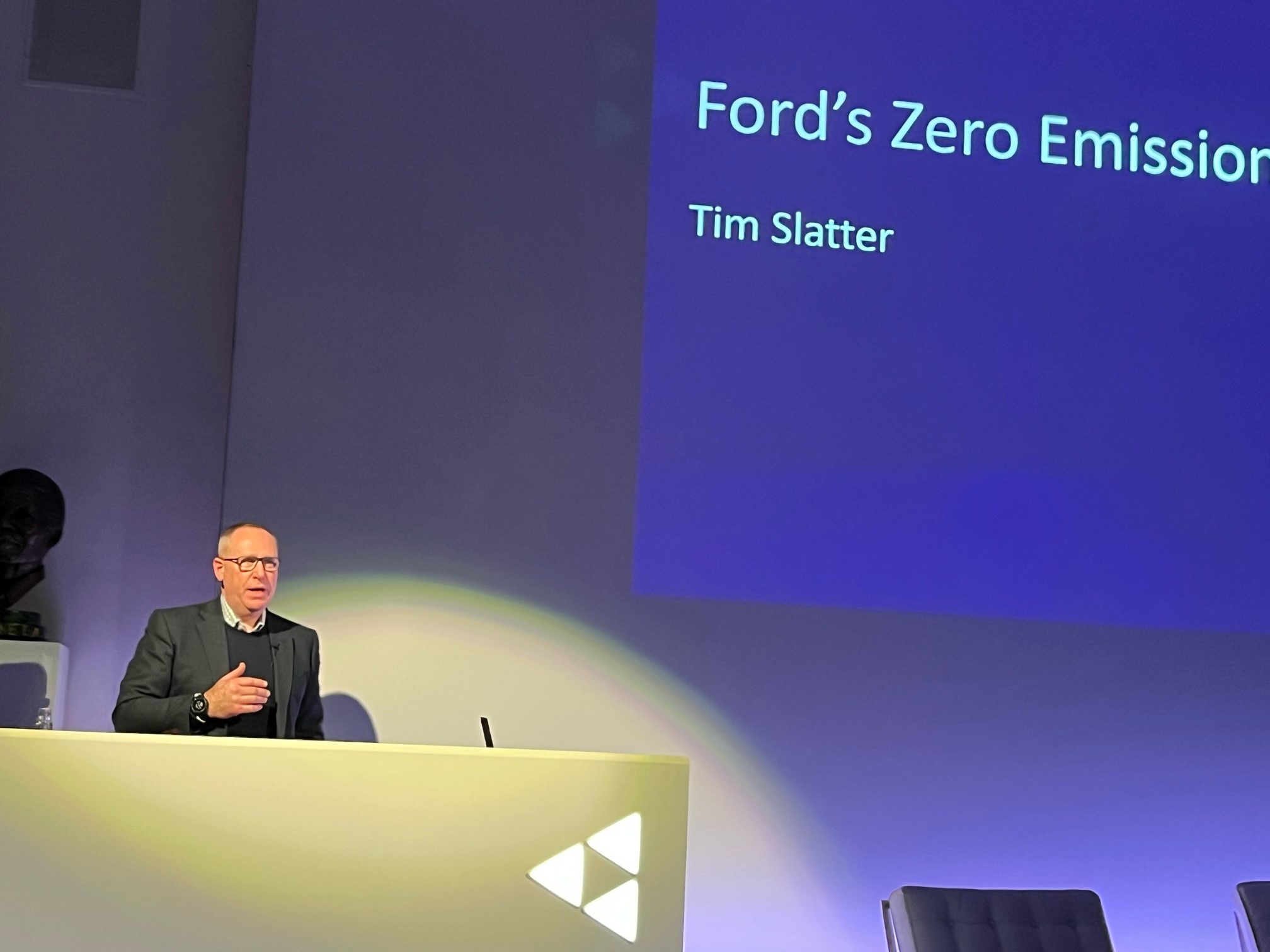
Tim Slatter, speaking at the EV Summit in Oxford UK this week, said that all Ford's global new vehicle sales will be of zero emission vehicles by 2035, and all passenger vehicle sales will be zero emissions by 2030.
All the company's facilities in Europe will also be carbon neutral by 2035, in addition to its logistics network and all of its tier one suppliers.
"These are not targets, these are limits," he added. "I think a lot of this is going to reach a tipping point in the next three to five years and we will see an acceleration of these objectives being reached."
By 2024 Ford will have nine connected electric cars and vans on the market in Europe, including an electric version of the Puma. A two-tonne Transit commercial EV and the Mustang Mach-E SUV are already on sale.
To keep pace with this sustainability drive and escalation in EV numbers, the required infrastructure must be in place, said Slatter.
Ford estimates that total annual EV sales in Europe will exceed 600,000 by 2026. There are currently 400,000 EV charging points in place across Europe.
"The charging infrastructure is critical to make sure that, as customers start to consider EVs, they aren't put off by the idea of charging being a problem," he added. "It's essential that the charging infrastructure is ahead of the curve."
Slatter said the UK government's proposed Zero Emission Vehicle (ZEV) mandate is a critically important policy because it provides a framework to work alongside all of the industry participants including investors in charging stations. The ZEV plans to achieve 100% zero emission vehicle sales by 2035.
"It gives us a roadmap of what we need to achieve and by when," Slatter said.



